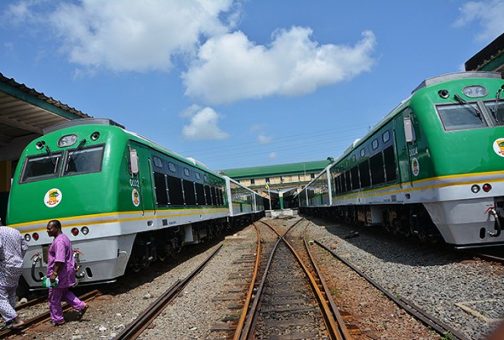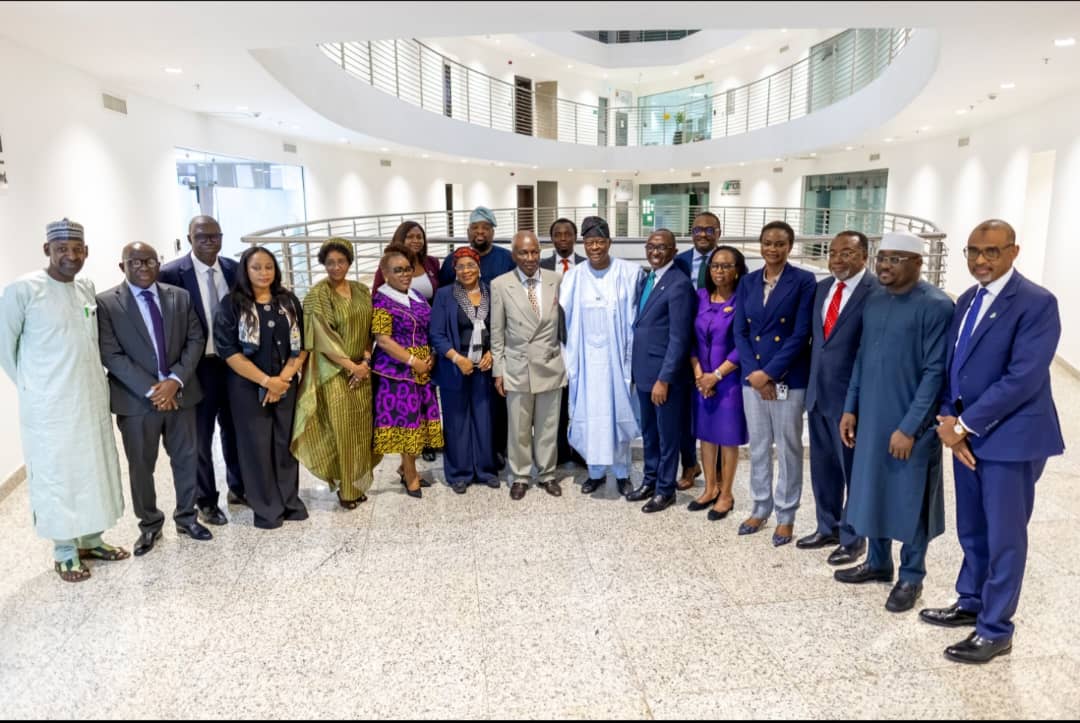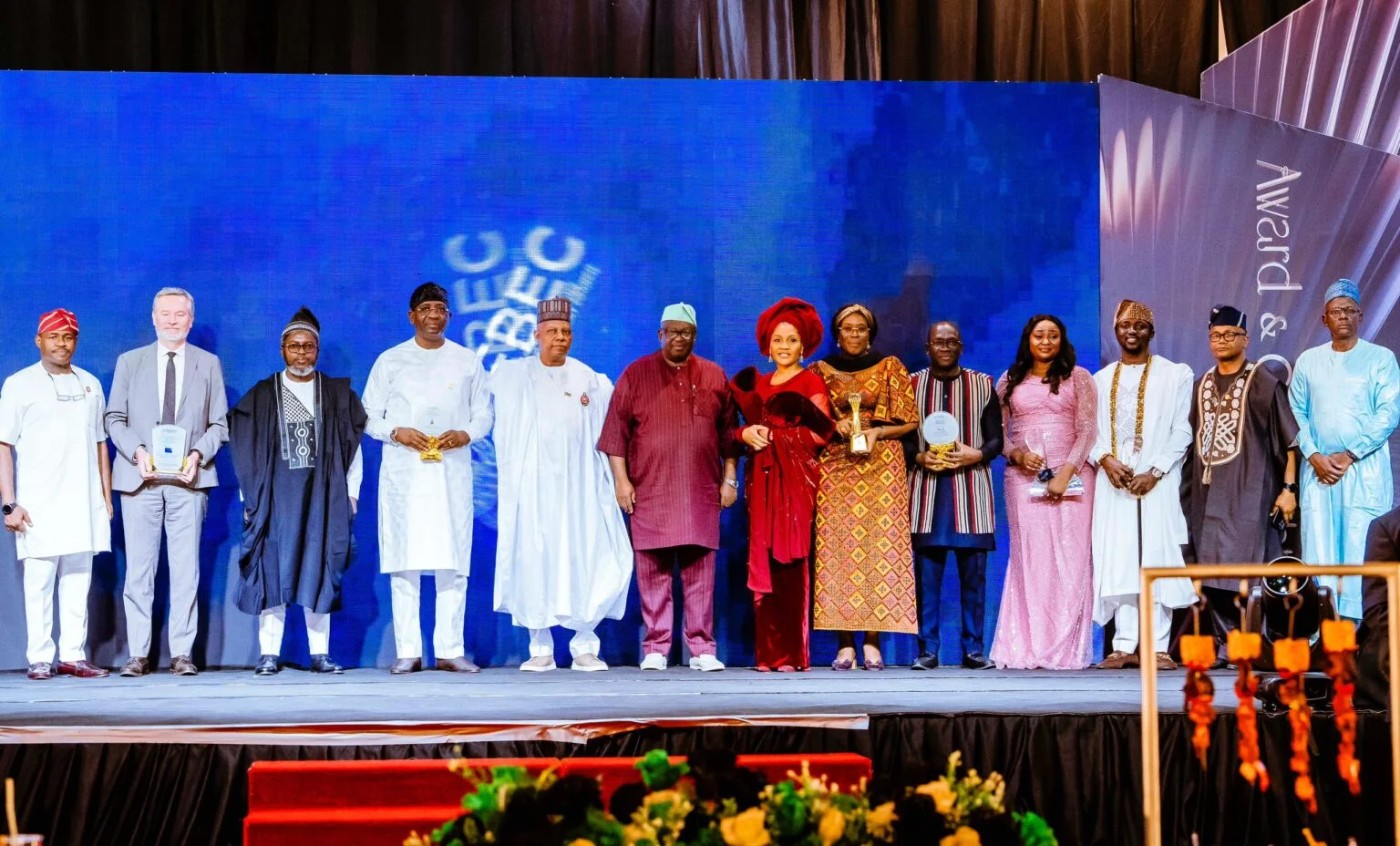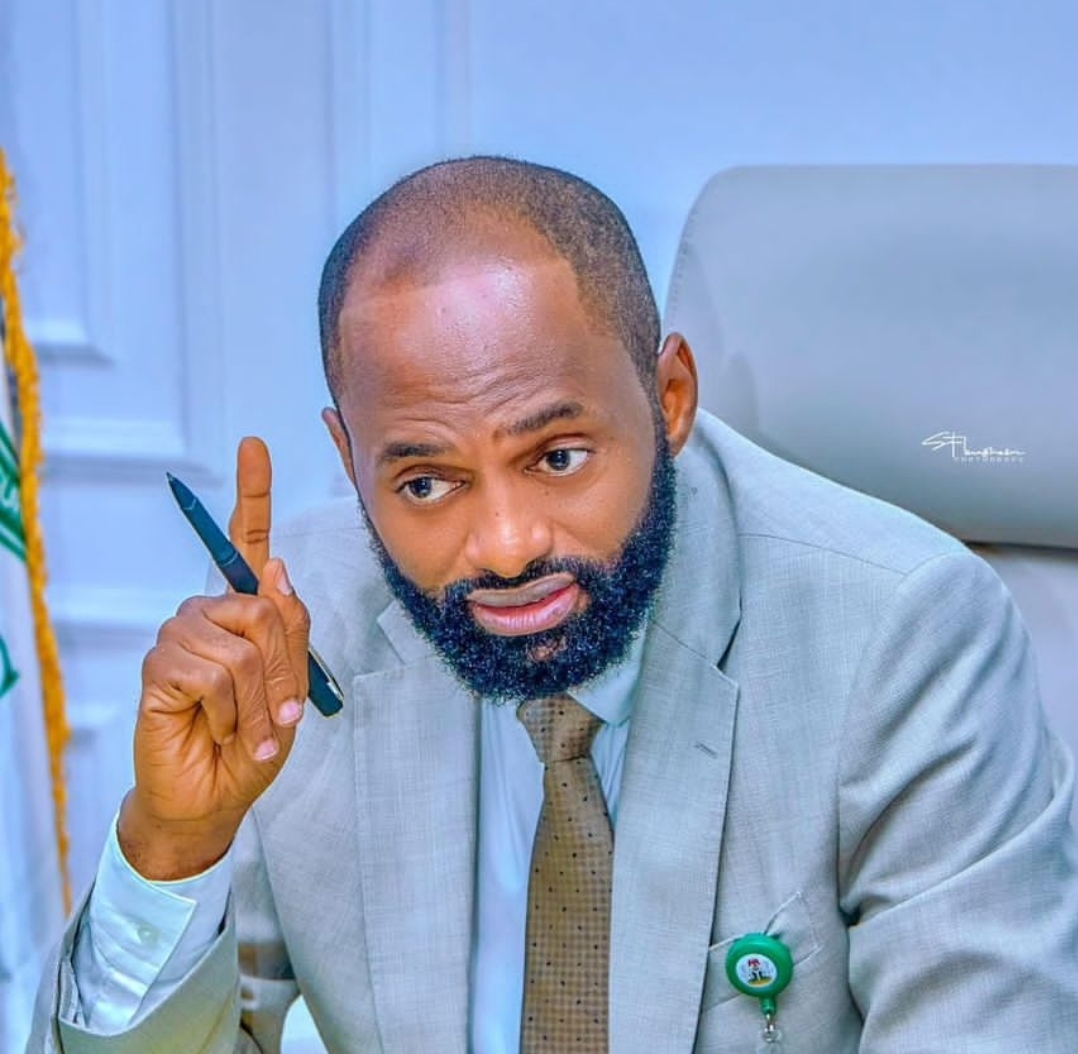The Minister of Transportation, Senator Said Ahmed Alkali, has extended an invitation to Chinese and other foreign investors to contribute to Nigeria’s railway infrastructure development.
During his address at the 16th International Infrastructure Investment and Construction Forum (IIICF) in Macao, China, the Minister highlighted various investment avenues, including power supply schemes, integrated security solutions, and real-time monitoring systems, essential for securing railway corridors and ensuring dependable service delivery.
Alkali emphasized Nigeria’s commitment to sustainability in railway development, specifically mentioning the retrofitting of locomotives with hybrid propulsion systems powered by Compressed Natural Gas (CNG).
“Infrastructure transcends mere tracks and trains,” he stated. “To optimise our railway system, we require investments in dedicated power supply, integrated security solutions, and real-time monitoring systems. These sectors present ripe opportunities for private-sector participation and public-private partnerships.”
Recognising China as a valued partner, he expressed hope for a deeper collaboration that not only constructs railways but also fosters opportunities, peace, and collective progress. He urged global investors to view Nigeria as a strategic hub for African connectivity rather than just a market, reinforcing the power of transformative partnerships.
Alkali cited the Lagos–Kano Standard Gauge Railway Project, a flagship initiative under Nigeria’s railway modernisation programme, as a prime example of successful collaboration with the China Civil Engineering Construction Company (CCECC). He noted significant milestones, including the operational Abuja–Kaduna Railway Line and the completed Lagos–Ibadan Railway Line, which enhances trade between Nigeria’s major commercial centre and its surrounding regions.
Emphasising the need to complete the remaining segment of the Lagos–Kano corridor—the Ibadan–Minna–Abuja link—he called for continued Chinese support to realise this vital project, which promises to boost inter-regional trade and improve connectivity across Africa.
The Minister also revealed that several feasibility studies have been concluded, presenting investment-ready opportunities, including the Port Harcourt–Maiduguri Railway and various other corridors. He highlighted the potential for substantial returns on investment for partners willing to engage in these critical projects.





